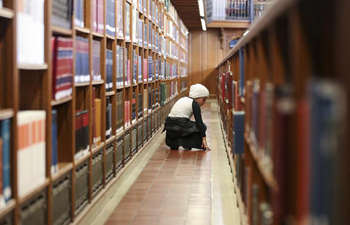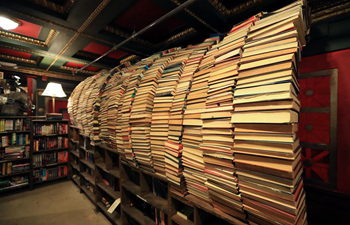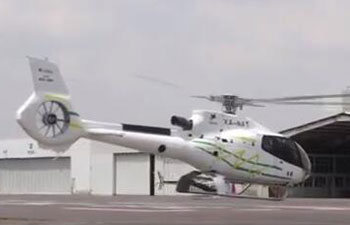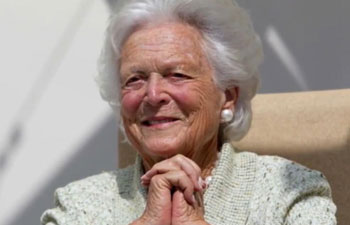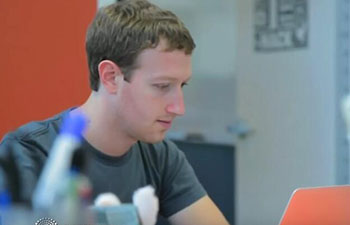by Raul Menchaca
HAVANA, April 21 (Xinhua) -- The United States is closely monitoring events in Cuba, seeking to take advantage of the current transition of power to push a regime change, some prominent political scientists have said.
"They are stalking, like wild beasts, because they think this is a moment of weakness in which they can attack," said Luis Rene Fernandez, a research professor at the University of Havana's Center for United States and Hemispheric Studies.
On Thursday, Raul Castro, 86, finished two terms as Cuba's president, passing the baton to his successor Miguel Diaz-Canel.
While Castro will continue to help make key decisions, as the first secretary of the Central Committee of the ruling Communist Party of Cuba (PCC), he will no longer be involved in the day-to-day management of national affairs.
Washington sees the absence of the heavily symbolic Castro name as a window of opportunity, Fernandez told Xinhua, noting that alongside his legendary brother Fidel Castro, who died in 2016, Raul played a role in the historic 1959 Revolution, whereas Diaz-Canel had yet to be born.
"Fidel Castro is physically gone. They always thought that by killing him, the Cuban Revolution could disappear because he was evidently a factor of strength," the academic said.
Former U.S. president Thomas Jefferson once said Cuba "would be the best addition to the union," a phrase that reflects Washington's attitude towards the island, said Fernandez.
Cuba's new government, he said, faces the challenge of maintaining a strong Communist party, strengthening institutions and continuing economic reforms as it grapples with a more hardline U.S. administration.
Though Castro's government has taken many steps to modernize the economy, "much still remains to be done," said Fernandez, referring to guidelines designed to be implemented between 2016 and 2021.
The guidelines, approved in April 2011 by the sixth Congress of the PCC and updated in April 2016, include some 300 measures.
"We must be prepared to face a tougher U.S. (foreign) policy, whoever the president might be," he added.
Political scientist Enrique Ubieta, who runs a cultural website called "La Calle del Medio," agreed the great challenge for Cuba's new president is that he represents a departure from the founding fathers of the socialist state, yet Ubieta remains optimistic.
"The founding fathers will no longer be there, but we have their teachings. And the (Cuban) people are better prepared in regard to politics and culture, in addition to being more united," said Ubieta.
For Ubieta, little has changed in Washington's policy towards Cuba, or Latin America in general, with the 19th-century Monroe Doctrine of U.S. supremacy over the Americas still relevant today.
The Trump administration "revealed to us the strength of history, not only with the issue of the Monroe Doctrine, but with the falsification of concrete facts to create pretexts to attack us," said Ubieta, referring to an ongoing scuffle over the alleged "sonic" attacks against U.S. diplomatic personnel in Cuba.
In August 2017, there were reports that the U.S. and Canadian diplomats in Cuba had fallen ill in Havana back in late 2016. The United States later accused Cuba of committing unspecified health-related attacks.
"Washington's behavior has been the same for all Latin America," said Ubieta. "Only the internal unity forged by Fidel Castro will allow us to survive in the future."







